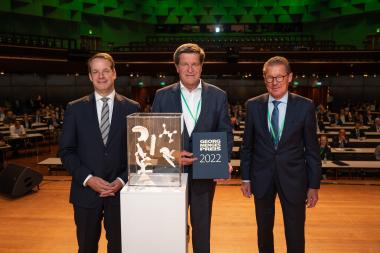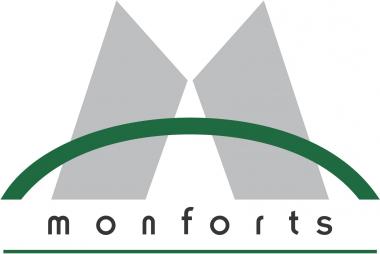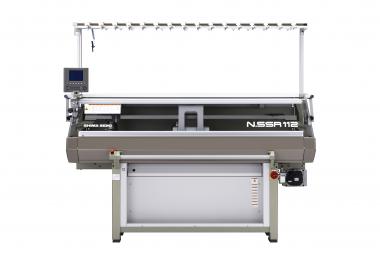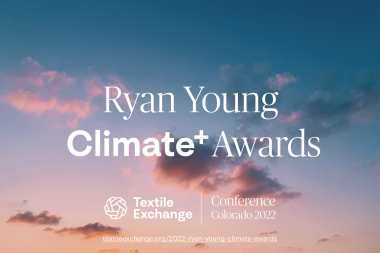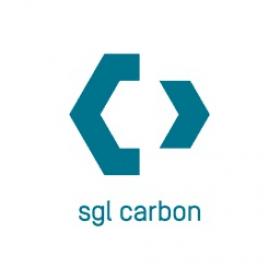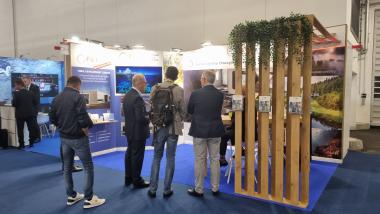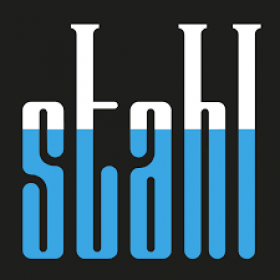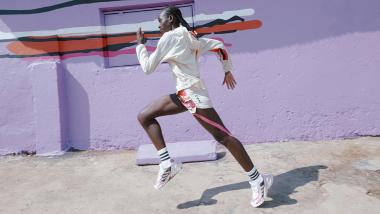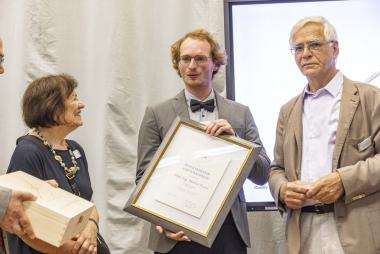DyStar cautiously optimistic about the financial and environmental performance
- Integrated Sustainability Report 2021 – 2022 published
DyStar, a leading specialty chemical company released its twelfth annual Sustainability Performance Report. The report is prepared in accordance with the updated GRI Standards 2021: Core option. DyStar continues to adopt the Integrated Reporting <IR> framework to communicate how the group has successfully created tangible value across multiple stakeholder groups in six major capitals.
DyStar reports that they have inched themselves closer to some of their 2025 target of reducing the environmental footprint by 30% for every ton of product, from 2011 levels. Here are some key highlights for FY2021:
- Recorded more than 29% increase in revenue compared to 2020
- Zero workplace fatalities, high-consequence injuries, and work-related ill health
- 40% reduction in Greenhouse gas (GHG) emission intensity, compared to 2011
- 37% decrease in wastewater emission intensity, compared to 2011
The Group was able to remain resilient and steer itself toward optimistic growth and recovery from the global pandemic in FY2021. In face of recent geopolitical events and macroeconomic factors such as soaring energy costs, DyStar and the wider supply chain will continue to face challenges. As a result, the company believes it is crucial to stay committed to their 2025 Sustainability goals to continue generating value for all stakeholders in the longer term, well beyond these turbulent times.
The report communicates DyStar’s progress towards its sustainability agenda and material topics. As part of our commitment to environmental sustainability, only an e-magazine and a PDF version will be made available for download from www.DyStar.com/sustainability-reports/
DyStar






